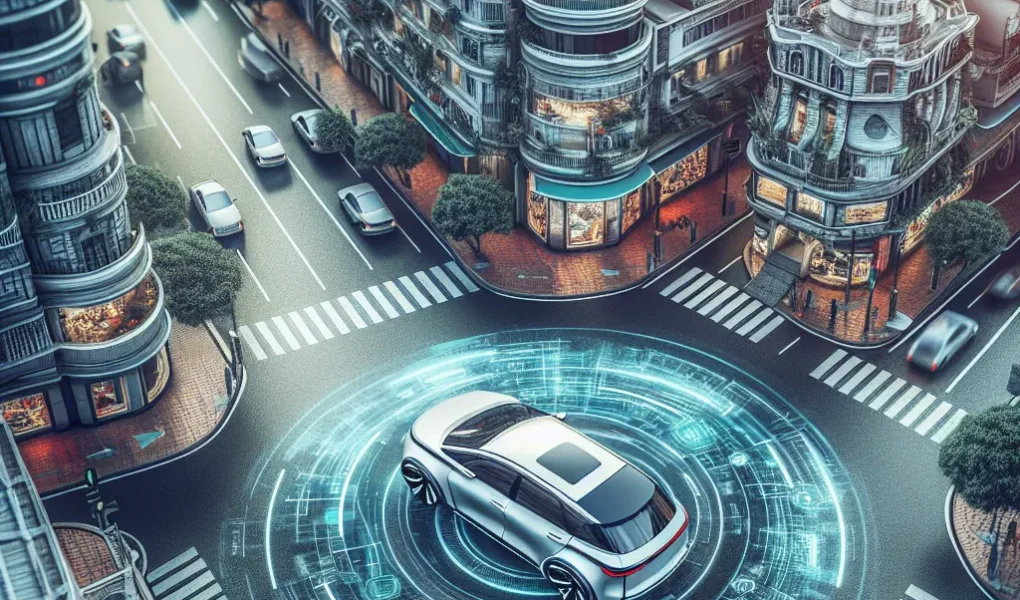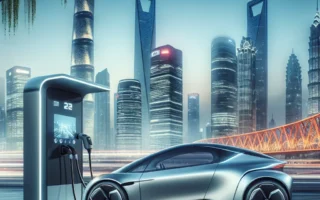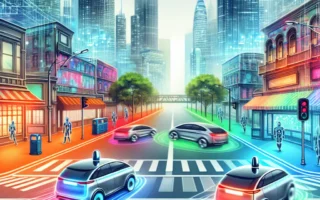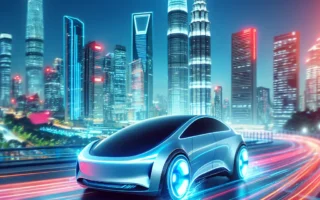The Future of Transportation: Self-Driving Cars
The future of transportation is being reshaped by the development and implementation of self-driving cars. These autonomous vehicles have the potential to revolutionize the way we travel, offering benefits such as increased safety, enhanced efficiency, and reduced traffic congestion. As technology continues to advance, self-driving cars are poised to become an integral part of our daily lives, changing the way we commute and interact with our surroundings.
Self-driving cars utilize a combination of advanced sensors, artificial intelligence, and intricate algorithms to navigate the roads without human intervention. This technology holds the promise of significantly reducing the number of accidents caused by human error, as well as providing accessible transportation for individuals who are unable to operate traditional vehicles. Moreover, with the ability to communicate with each other and with transportation infrastructure, autonomous cars can optimize traffic flow, minimizing delays and fuel consumption.
As the industry continues to invest in research and development, the future of transportation is likely to be defined by the widespread adoption of self-driving cars. Governments and regulatory bodies are also addressing the legal and ethical considerations surrounding autonomous vehicles, paving the way for their integration into existing transportation systems. With ongoing advancements and a growing emphasis on sustainability, self-driving cars are poised to play a pivotal role in creating a more efficient, safer, and interconnected transportation network.
How Self-Driving Cars Are Changing the Travel Landscape
Self-driving cars are revolutionizing the way we travel, and their impact on the travel landscape is unprecedented. The advent of autonomous vehicles is set to transform the way people commute, travel long distances, and experience road trips. One of the key aspects of how self-driving cars are changing the travel landscape is the potential to greatly reduce traffic congestion. With advanced technologies such as real-time traffic monitoring and adaptive route planning, self-driving cars can optimize travel routes, minimize delays, and enhance overall travel efficiency.
Additionally, self-driving cars have the potential to significantly improve the safety of travel. By leveraging cutting-edge sensors and AI algorithms, these vehicles can mitigate the risks associated with human error, leading to a substantial decrease in accidents and fatalities on the road. This shift towards safer travel is poised to redefine the way people perceive and engage in road journeys, instilling a greater sense of confidence and trust in autonomous driving systems.
Furthermore, the advent of self-driving cars is reshaping the concept of travel time. Passengers can now utilize their time more effectively during commutes, whether for work, relaxation, or leisure activities. The traditional constraints of driving, such as keeping eyes on the road and managing the vehicle, are being replaced by newfound freedom to engage in diverse activities while on the move. This transformative shift in travel dynamics is set to enhance the overall travel experience and productivity, particularly for individuals who spend a significant portion of their day on the road.
In conclusion, the rise of self-driving cars is fundamentally altering the travel landscape by optimizing travel routes, enhancing safety, and redefining the use of travel time. As autonomous vehicles continue to advance and become more integrated into everyday travel, the way people move from one place to another is undergoing a significant and positive transformation.
The Impact of Self-Driving Cars on Society
Self-driving cars, also known as autonomous vehicles, have the potential to revolutionize the way we travel and significantly impact society. The introduction of self-driving cars is expected to bring about a wide range of changes, both positive and negative, that will have far-reaching implications for various aspects of our daily lives.
One of the most significant impacts of self-driving cars on society is the potential to improve road safety. With advanced technologies such as real-time traffic data, sensors, and connectivity, autonomous vehicles have the ability to reduce the number of accidents caused by human error. This is a crucial development, as road accidents are a leading cause of fatalities worldwide. By minimizing human error, self-driving cars have the potential to save countless lives and significantly reduce the economic and social costs associated with accidents.
Moreover, self-driving cars have the potential to redefine the concept of transportation access for different segments of society. For individuals with disabilities or the elderly, autonomous vehicles offer the promise of increased mobility and independence. Additionally, self-driving cars could potentially provide a solution to urban transportation challenges, reducing traffic congestion and the need for parking spaces.
However, the widespread adoption of self-driving cars may also bring about significant societal challenges. The potential displacement of millions of jobs in industries such as transportation and logistics is a valid concern. Furthermore, issues related to data privacy, cybersecurity, and the ethical implications of autonomous vehicle decision-making are all critical aspects that need to be carefully addressed.
In conclusion, the impact of self-driving cars on society is multifaceted and complex. While they have the potential to enhance road safety, improve mobility, and address urban transportation challenges, they also pose significant societal and ethical challenges that require careful consideration. As autonomous vehicles continue to evolve, it is essential for policymakers, industry stakeholders, and society as a whole to engage in discussions and implement measures that maximize the benefits of self-driving cars while mitigating potential negative consequences.



